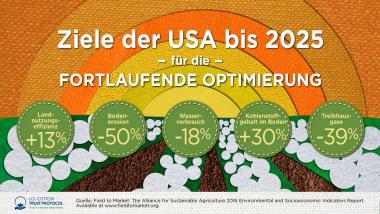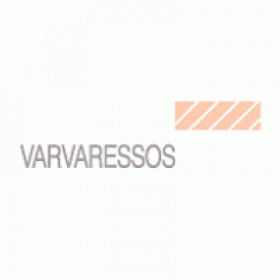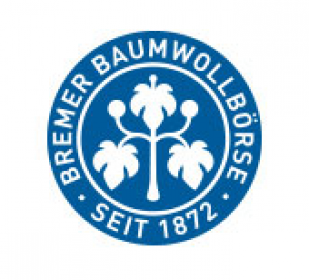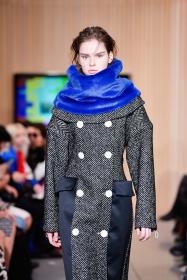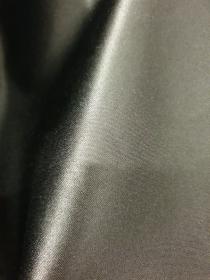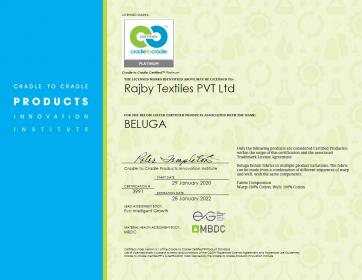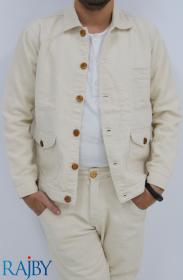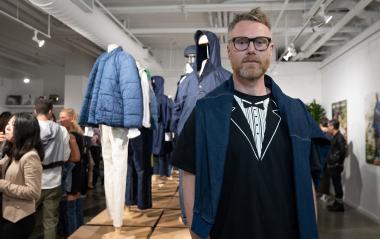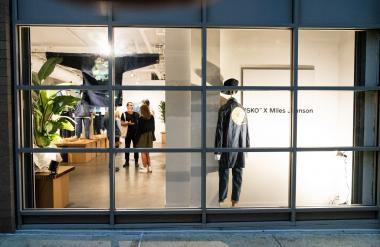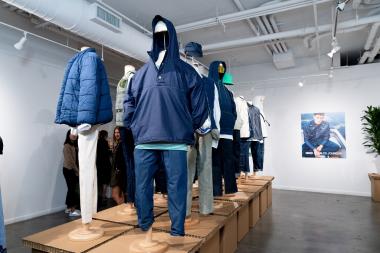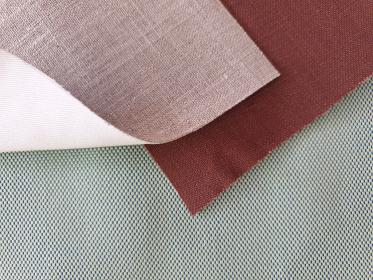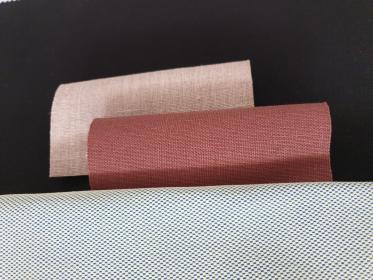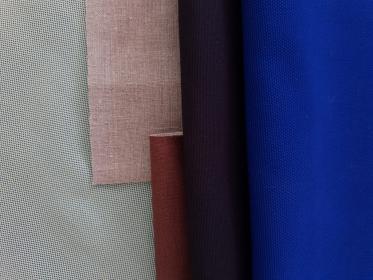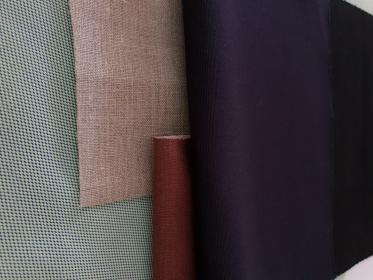U.S. Cotton Trust Protocol: Neue Initiative macht Nachhaltigkeit von Baumwolle messbar
Am 15. Juli 2020 ist das U.S. Cotton Trust Protocol in Kraft getreten. Der neue Dokumentationsprozess unterstützt die Nachverfolgbarkeit und Auswertung von Daten im Herstellprozess von U.S.-amerikanischer Baumwolle. Textilhersteller und Handel können dem U.S. Cotton Trust Protocol beitreten, einem neuen System für verantwortungsvoll angebaute Baumwolle, das in Übereinstimmung mit den UN-Nachhaltigkeitszielen Jahresvergleichsdaten in sechs Nachhaltigkeitskategorien liefert. Die neuartige Erhebung der Jahresvergleichsdaten ermöglicht Textilproduzenten und Handel, ihren Fortschritt in der Umsetzung der eigenen Nachhaltigkeitsverpflichtungen besser messbar zu machen.
Das U.S. Cotton Trust Protocol wurde speziell für das besondere Umfeld der Baumwoll-Massenproduktion in den Vereinigten Staaten konzipiert. Dabei soll es andere Nachhaltigkeits-Initiativen nicht ersetzen, sondern ergänzen.
Die neue Baumwoll-Dokumentation fördert und verifiziert die Fortschritte im Bereich Nachhaltigkeit durch sorgfältige Datenerfassung über die komplette Lieferkette – von den Anbaudaten bis in den Handel – und organisiert deren Validierung durch unabhängige Sachverständige. U.S. Cotton Trust Protocol setzt dabei auf die Zusammenarbeit mit den Organisationen „Field to Market, The Alliance for Sustainable Agriculture“ und „Control Union Certifications North America“. Textilindustrie und Handel erhalten auf diese Weise nachverfolgbare Herkunftsdaten für die Baumwollprodukte ihrer Lieferketten. Mitglieder der Initiative haben Zugriff auf die aggregierten Jahresvergleichsdaten zu Wassereinsatz, Treibhausgas-Emissionen, Energieverbrauch, Kohlenstoffgehalt der Böden und Landnutzungseffizienz.
Im vergangenen Monat wurde U.S. Cotton Trust Protocol durch die gemeinnützige Organisation „Textile Exchange“ in die Liste der 36 bevorzugten Fasern und Materialien aufgenommen, an der mehr als 170 teilnehmende Textilproduzenten und Händler im Rahmen des Material Change Index-Programms ihre Einkaufsstrategien ausrichten.
Hill+Knowlton Strategies GmbH


